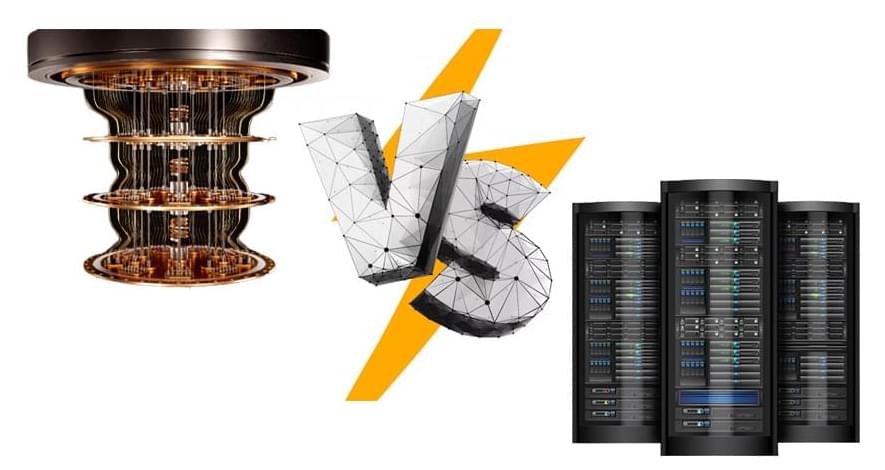Supercomputers and quantum computers are potent tools for handling difficult calculations, problem-solving, and data analysis. Although they both have the potential to transform computing technology, their speeds and capacities differ greatly.
Supercomputers quickly process massive volumes of data to provide a single result using a conventional computing strategy with numerous processors. These computers are the most powerful in terms of raw computing speed, but they can only do one task at a time, and Moore’s Law places a cap on how much data they can process (the principle that computer processor speeds double every two years).
Quantum computers, on the other hand, utilize laws of quantum mechanics to process information in ways that regular computers cannot, resulting in vastly higher processing speeds. They can manage several activities at once and take on challenging issues that would take supercomputer months to resolve. Yet, because of their great sensitivity to temperature fluctuations and need for isolation from outside influences, quantum computers require more upkeep than their conventional equivalents.
